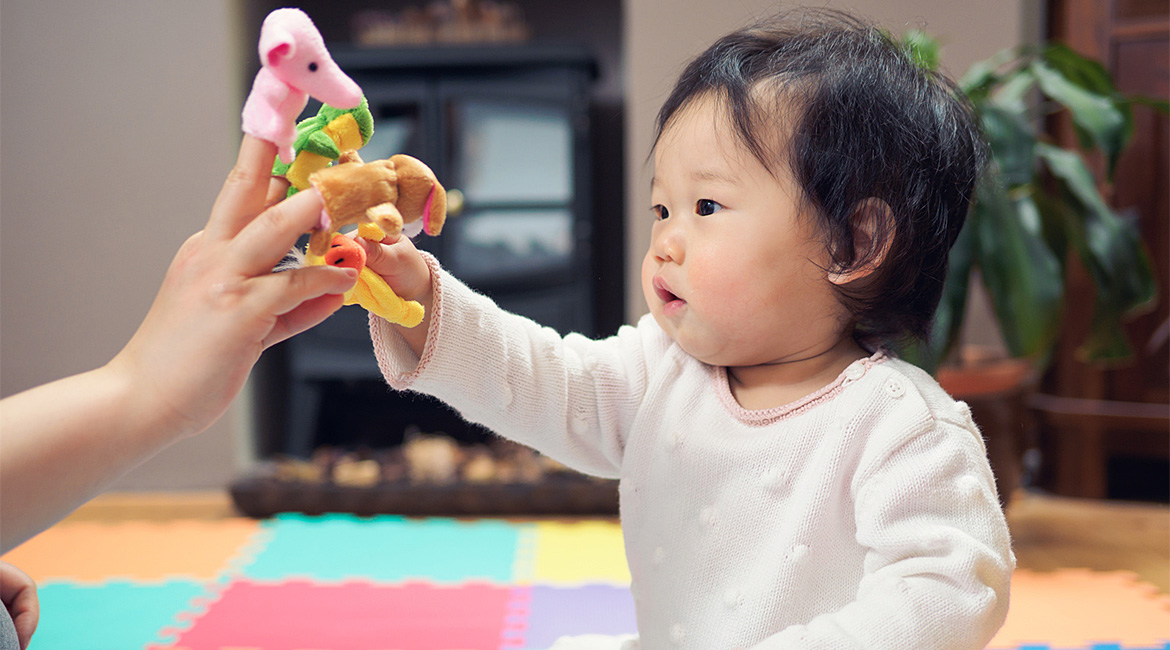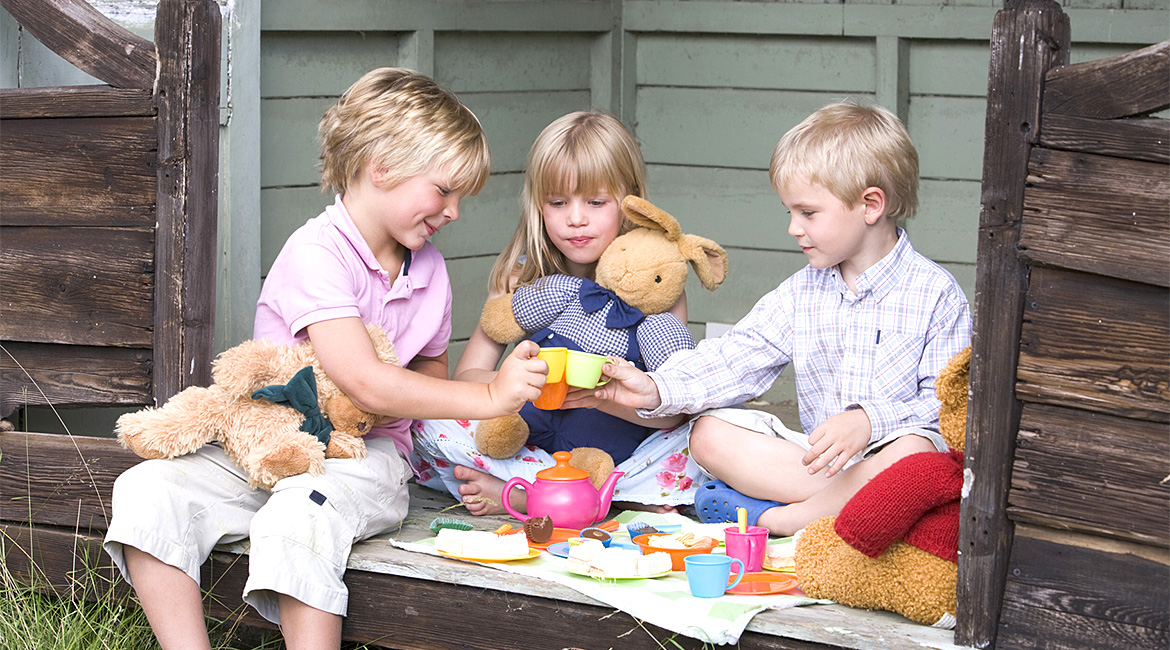One of the most important things you can do for your child is to let them spend time pretending and playing. Children learn how to handle social situations by acting them out through different scenarios. This form of pretending can actually prepare them to enter school and interact with their peers. Pretend play is ultimately how children learn to become adults. According to the American Academy of Pediatrics, pretend play helps children make decisions, take active leadership and grow in confidence and resiliency. Pretending can help a child develop emotionally, socially, cognitively and physically. These benefits are really too good to ignore. Learning through play is a valuable and important part of development and there are many ways to make that playtime for your children as educational as possible.
Don’t Overschedule
Some parents believe that the best way to educate their children is to keep them busy with school and any other extracurricular activity that they can find. But children actually need time for free play where they are able to just try new things and explore the world around them. Playing allows children to invent new scenarios in their daily life and practice situations that they will one day need to handle. If you book every hour of their day with homework, studies or sports, it can take away their social practice time and actually impede their development.
Join In
You are your child’s first teacher so it’s important that your child learns how to pretend from you. In fact, your child has already memorized your actions and mannerisms and they can do a perfect representation of you if asked. It’s one of the first ways they learn how to act in the world. You’ll want to read stories, act out scenarios with your child’s toys and open their imagination up to new possibilities. Take the time to play doctor or firefighter with your child as it will help them realize that through their imagination, they can truly be anything they want to be. At school, your child’s teacher has learned techniques to extend learning through the use of questions when children are engaged in play time and you can do the same thing at home.
Choose Fun Extracurricular Activities
In today’s world, many times both parents have to work full-time jobs to make ends meet. Thankfully, there are exciting opportunities for pretend play during the school or daycare day. Sign your little one up for piano, dance lessons, art class, playball or theatre through their school. The programs have been catered to involve play and learning at the same time. As an added bonus, your child will attend these programs throughout the day, leaving plenty of time for play when you get home.
Explore Opportunities
There are many fun options available in your neighborhood that can help your child find an outlet for pretend play. Libraries have story time that helps develop a child’s imagination. The stories usually have fun themes like space travel or zoo animals. The local YMCA or Boys/Girls Clubs, as well as, children’s museums also have fun activities that help children have an outlet for play and imagination. You’ll also want to check your community calendars to find out if there are any upcoming events in your area.
Play At Home
If you don’t know exactly how to get started with pretend play or it was something you were never really good at, there are many ways you can help your child learn to pretend. Try these strategies for every age:
- Use Finger Puppets
This is a great strategy for infants through toddlerhood. Help to develop your child’s language skills by using your hands and fingers to tell a beloved story like “Little Red Riding Hood” or “The Three Little Pigs.”
- Set Up Materials
Put out markers, crayons, playdoh, paper, streamers, cooking utensils, baskets and dress up clothes in your child’s playroom. That way they can explore these tools to create a world of play.
- Build A Pretend Fortress
Make a pretend fort or undersea tunnel and spend time decorating and planning it with your child. Once created, spend time playing together in your new magical land.
- Become Your Favorite Animal
This activity is so fun for children ages 1 to 4. Read an animal story to your children, then spend time asking questions about the way the animals look and act. Then, choose an animal to be and act it out with your child.
- Have A Playdate
Letting your child meet with other children on the playground or at your house can also help them learn to play together and pretend. Maybe the little friends will play house or waitress or superheroes. Whatever they choose, they will learn invaluable takeaways from the experience.
- Create A Costume
A wonderful activity for children, age 2 to 6 years old. Use grocery bags or an old cardboard box to create costumes together. Use paint and markers and let your children have a big role in designing how they’ll look. Then put them on and act out your favorite scenarios.
Giving your children the time and space to play allows them to explore all the possibilities of their future while understanding the world around them. Children are only little once so let them have the time now to play and explore so that they can practice for the days when they will have to become an adult. Playing with your child and letting them play with others can help foster an educational, yet fun, learning environment. Happy Playing!




